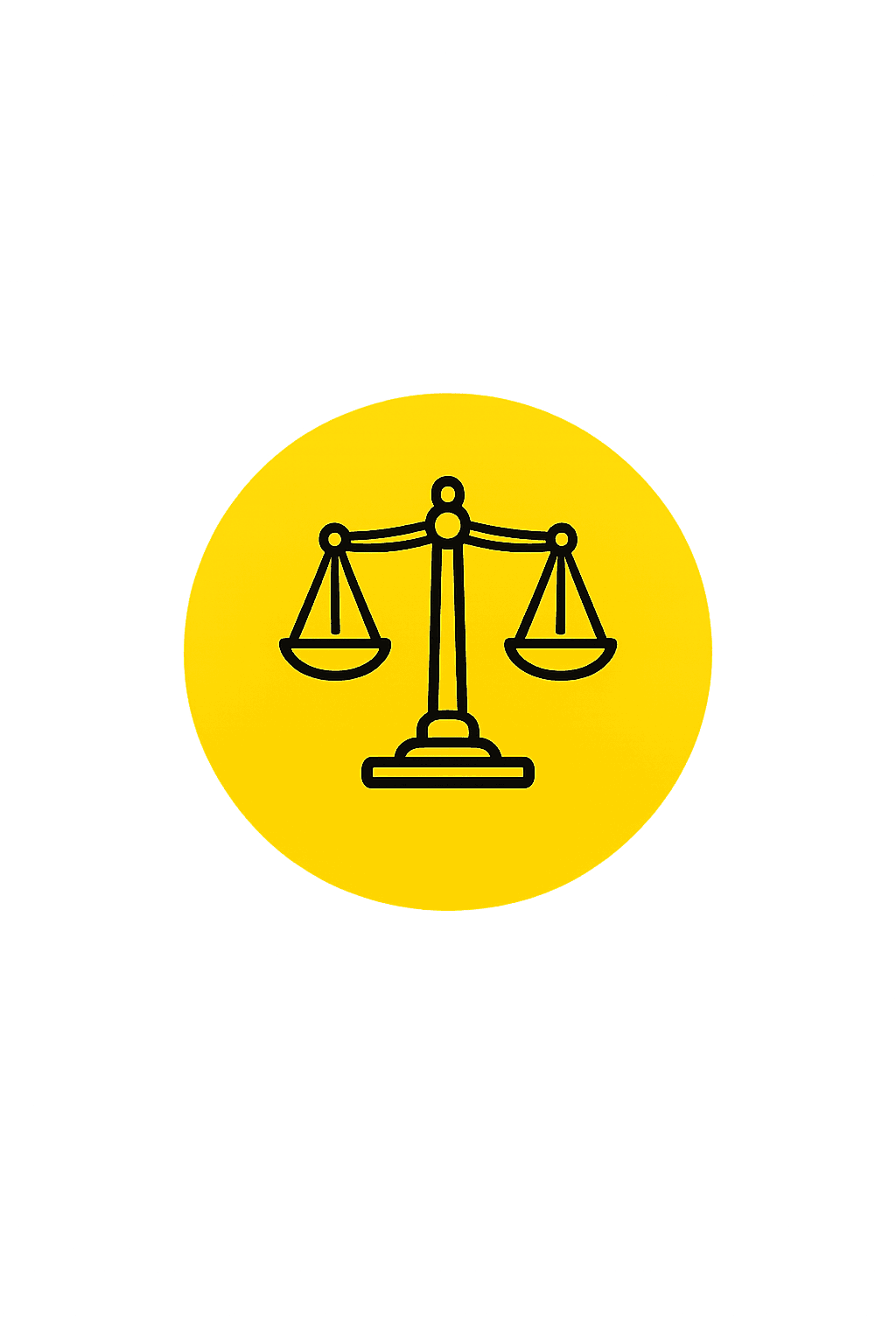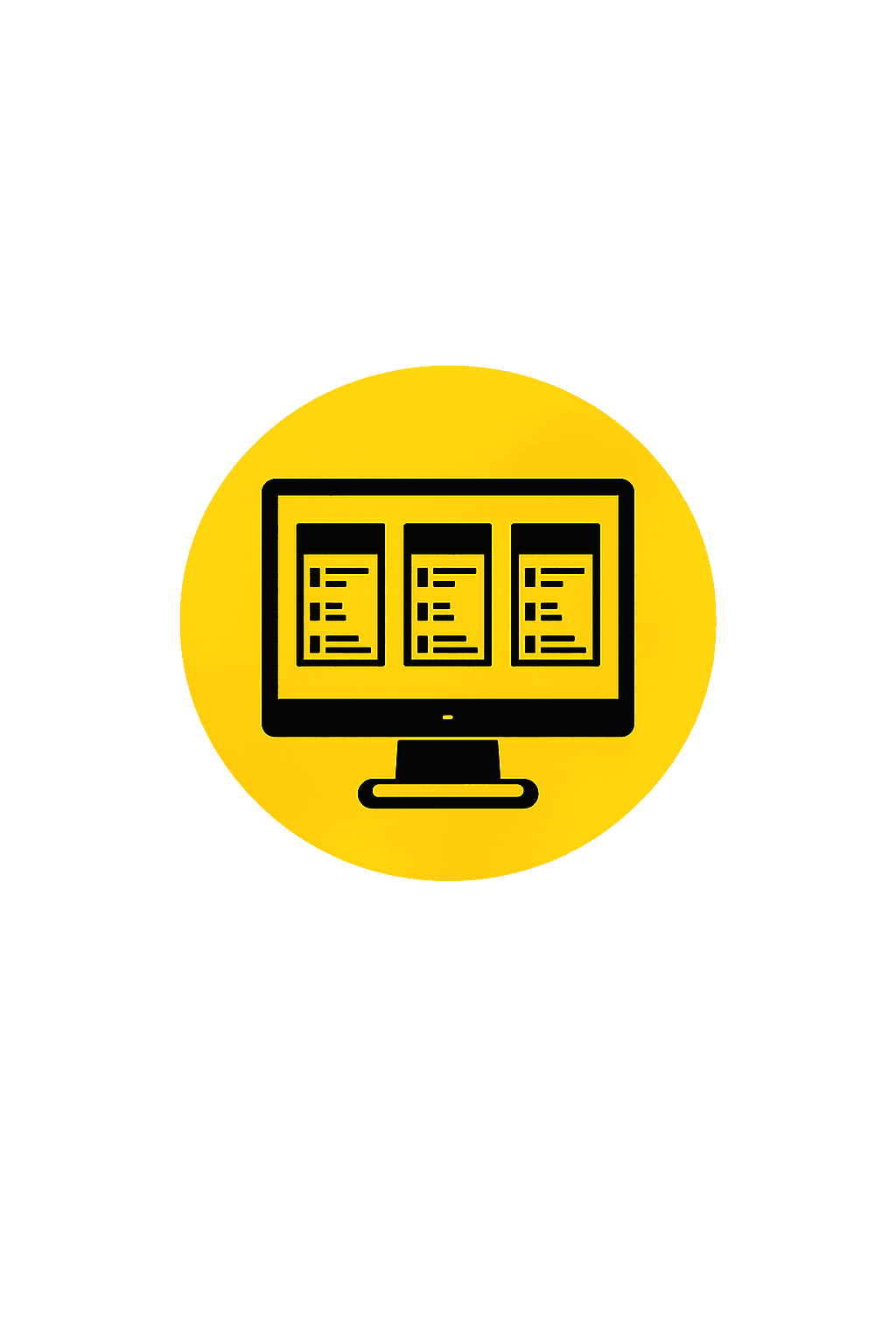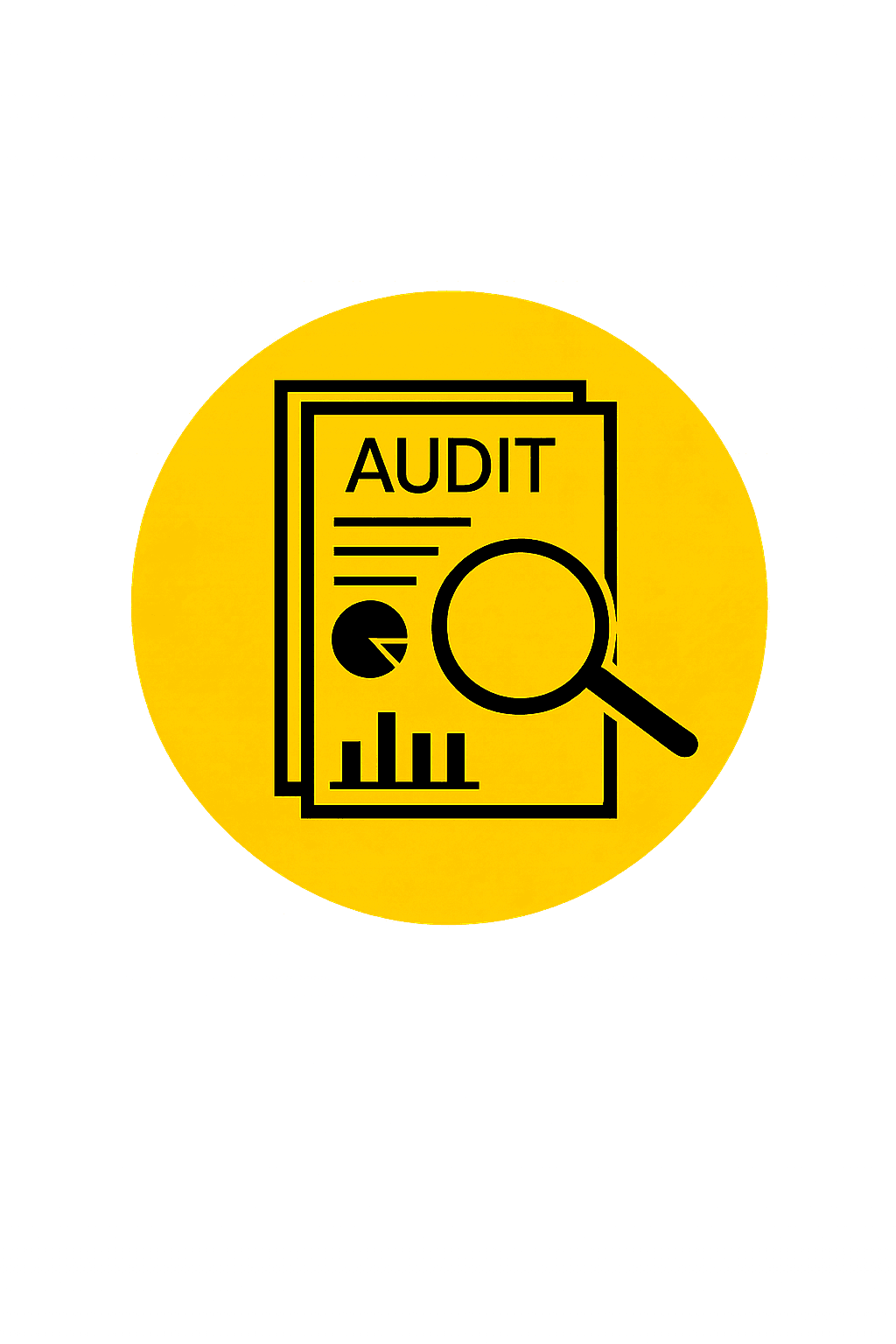Dubai has earned a reputation for being an international city due to the overwhelming presence of globally-renowned businesses, plentiful job opportunities, tourism, and many other reasons. At present, more than 85% of residents in Dubai are foreigners. Majority of foreigners are living in the United Arab Emirates as investors, professionals, workers, traders, and more. For foreigners living or working in Dubai, opening a bank account is an necessary activity that needs to be taken care of as soon as possible.
Why Open a Bank Account in Dubai?
A bank account allows you to manage your finances and eliminates the need of carrying cash everywhere. It is an essential tool for all types of transactions and many foreigners will feel stranded if they living in a country without an efficient medium for processing financial transactions. Whether you are a non-resident staying in Dubai for work or looking to open a company, here is a step-by-step process on how to successfully open a bank account in the Dubai.
Choose from banks that allow opening non-resident accounts
While Dubai is a highly developed city and is filled with a combination of local and international banks, not all caters to non-residents. With this in mind, make sure to select from banks that offer accounts to non-residents.
Know the General Bank Account Requirements in Dubai
Here are some general requirements that non-resident account holders must know before opening a bank account in Dubai:
- Residence in Dubai or UAE
For foreigners who are not living in Dubai, bear in mind that there are different conditions that you must meet to be permitted to open a bank account for personal or wealth preservation purposes.
- Ideally, You Must Be in Dubai
Opening a bank account in Dubai for non-residents will involve a lot of signing documents in front of a bank officer. If it is not possible to make an appearance during application, a non-resident applicant must give the right to a representative based in Dubai to facilitate the account opening. This is applicable for personal bank account opening for asset protection and wealth management reasons.
- Know There is a Minimum Account Limit
Many financial institutions in Dubai Set an amount limit, but this condition is not applicable to all banks.
- IBAN
The United Arab Emirates government has mandated the use of International Bank Account Number (IBAN) for all electronic transactions. It is therefore important that non-resident applicants must obtain an IBAN to successfully process payments within Dubai and overseas.
Document Requires for Opening a Bank Account in Dubai for Non-Residents
For Private Bank Accounts
- You must submit at least six-months worth of savings account statement from your bank account in your country of origin.
- You may also be required to submit documents proving your ownership and shares if you own a company.
- Original copy of bank reference letter, resume, recent utility bill for proof of address, passport copy, and other additional documents to verify your identity.
- In most banks that allow account opening for non-residents, a USD 10,000 monthly balance must be maintained. The rate may vary from bank to bank.
For Corporate Bank Accounts
Apart from opening a personal bank account, it is possible for investors and company owners and investors to open a corporate or business account in Dubai.
In essence, there are two bank account types available for business owners or investors who do not hold resident status in Dubai, namely onshore and foreign Dubai bank account.
- A foreign bank account in Dubai is less expensive to set up compared to an onshore bank account. However, a foreign bank account is more challeneging due to its higher minimum account balance. Additionally, banks implements stricter regulations for non-residents.
- A Dubai onshore company is more expensive to set-up, but non-resident account holders gain better access to receiving a UAE residency visa. It is also helpful as it expends your selection in the preferred bank where you can open a bank account.
Here are the requirements for opening a corporate bank account in Dubai:
- Articles of Association
- Memorandum of Association
- Documents describing the source of funds invested in the company
- Information regarding the business experience and professional track record of company owners
- Standard personal documents from company shareholders
- Description of a company’s planned activities
Whether it’s a personal bank account or a corporate bank account, Damalion can help you in opening a bank account in Dubai. Our global service network consists of service providers that will make the process of opening a bank account easy, fast, and worry-free. For investors and business owners opening a bank account for business purposes, we also have consultants that can help you in the company formation process. As a premier consulting firm, we have the experience and expertise to ensure a successful establishment of your company in Dubai. To learn more about bank account opening in Dubai, reach out to a Damalion expert today.
This information is not intended to be a substitute for specific individualized tax or legal advice. We suggest that you discuss your specific situation with a qualified tax or legal advisor.
How to open a Dubai bank account for non-residents — eligibility, required documents (ID, address, tax, source of funds), remote onboarding options, clear payment flows, sector/country risk, and a practical path from pre-check to activation.
For individuals, entrepreneurs, family offices, holding companies, SPVs and international groups • Damalion helps with scoping, document preparation and coordination so banks can review efficiently. Acceptance is always at the bank’s discretion.
Last updated:What speeds up UAE bank onboarding?
Pick the right account type (personal/wealth or corporate), show a clear source of funds, and present a short, consistent profile: who you are, why you need the account, and what activity you expect (amounts, currencies, countries, counterparties). We help you build a clean file so compliance can validate KYC/AML faster.
Documents most banks request
- Valid passport/ID and recent proof of address.
- Tax residency and status (TIN; FATCA/CRS where relevant).
- Source of funds proofs: salary, business proceeds, dividends, capital gains, inheritance — with traceable evidence.
- For companies: trade license/incorporation, constitutional documents, register extract, UBO chart, signatory powers, activity description.
- Expected use: incoming/outgoing amounts, currencies, countries, counterparties for the next 12 months.
- Certified translations/apostilles if the bank requests them.
Account types at a glance
| Topic | Personal / Wealth | Corporate |
|---|---|---|
| Use | Savings, custody, investments | Operations, suppliers, payroll, clients |
| Documents | ID, address, tax, source of funds | As personal + company license, org chart, signatory rules |
| Minimums | Varies; higher for private banking | Ongoing fees; evidence of real activity |
| Timeline | Faster with a complete, consistent file | Depends on sector, countries and payment pattern |
| Payments | IBAN (AE), cards, FX | IBAN (AE), multi-currency, FX, online banking controls |
Step by step
- Pre-check and bank fit. Match purpose, eligibility, and fees; shortlist banks in mainland and free zones.
- Build the file. ID, address, tax, source of funds; add company papers if corporate.
- Explain payment flows. Volumes, currencies, countries, counterparties — simple and consistent.
- Compliance review. Reply quickly to follow-ups; keep one clear trail of evidence.
- Activation and first funding. IBAN issued, test payments cleared, user roles and limits set.
Costs and timelines
- Setup, monthly account fees, payments/cards, FX and compliance fees (vary by bank/tier).
- Minimum balance often applies for personal/wealth; corporate accounts face ongoing fees and activity checks.
- From complete file to active account: a few days to a few weeks, depending on profile and sector.
Related reading
Frequently asked questions
Can non-residents open accounts in Dubai?
Is in-person presence mandatory?
Which core documents are required?
What does “source of funds” mean?
How long does onboarding take?
Are minimum balances common?
Do UAE banks issue IBANs?
Can a foreign company open a UAE corporate account?
Are free-zone companies treated differently?
How are FATCA/CRS handled?
How are PEPs and sanctions risks treated?
Can a bank decline without detailed reasons?
Is remote onboarding available for corporate accounts?
What internal controls should companies set?
Which sectors face more scrutiny?
How are taxes handled by the bank?
What proof of address is acceptable?
Will translations or apostilles be needed?
How should expected activity be presented?
What happens after approval?
10 Best Things to Do in Dubai in 24 Hours
Maximize a tight schedule with easy-to-reach highlights clustered around Downtown, DIFC, Jumeirah, and the Creek.
- Burj Khalifa – observation decks with panoramic city and gulf views.
- Dubai Mall & Dubai Fountain – luxury shopping, dining, and evening fountain show.
- Museum of the Future – innovative architecture and immersive exhibits.
- Dubai Frame – glass bridge and skyline views connecting Old and New Dubai.
- Al Fahidi Historical Neighborhood – restored wind towers and local museums.
- Dubai Creek & Abra Ride – traditional wooden boat crossing between Bur Dubai and Deira.
- Gold & Spice Souks (Deira) – authentic trading lanes filled with regional goods.
- Jumeirah Beach & Burj Al Arab view – seaside walk and scenic photos.
- Palm Jumeirah Boardwalk – waterfront promenade with skyline perspective.
- DIFC Gate Avenue – art galleries, cafés, and nightlife under the Gate.
10 Best Hotels in Dubai
Flagship stays with excellent locations, strong service standards, and easy access to business districts and attractions.
- Burj Al Arab Jumeirah — iconic all-suite hotel on its own island.
- Atlantis, The Palm — resort with Aquaventure waterpark and ocean views.
- Armani Hotel Dubai — elegant design within Burj Khalifa, direct Dubai Mall access.
- Address Downtown — facing Dubai Fountain, ideal for business and leisure.
- Bulgari Resort Dubai — serene island resort on Jumeirah Bay.
- Mandarin Oriental Jumeira, Dubai — beachfront luxury with renowned dining.
- Four Seasons Resort Dubai at Jumeirah Beach — refined beachfront elegance.
- One&Only Royal Mirage — lush gardens and authentic Arabian architecture.
- Jumeirah Emirates Towers — close to DIFC and business hub, modern interiors.
- The Ritz-Carlton, Dubai — family-friendly beachfront stay at JBR. Back to map • Back to top




























